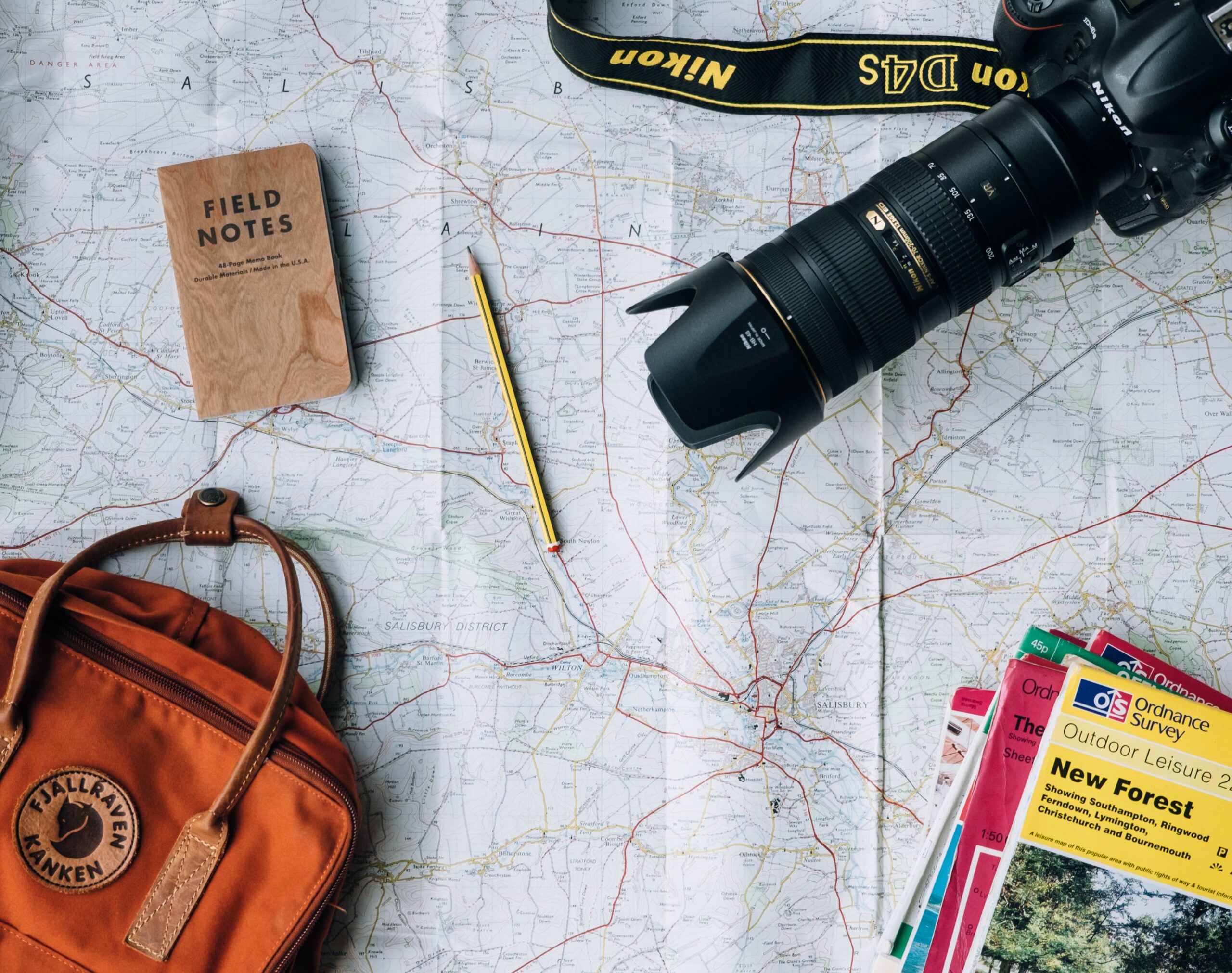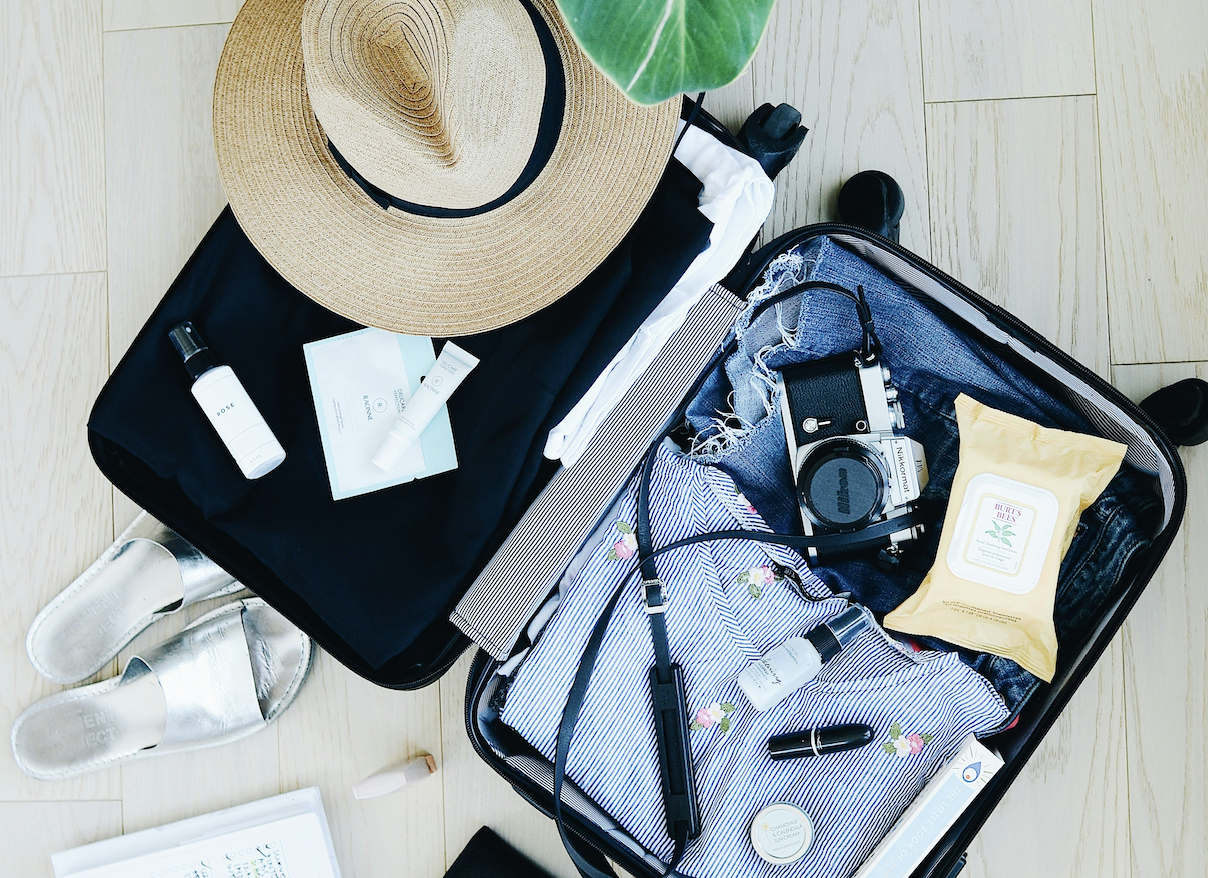Embarking on your maiden international trip marks the beginning of an exciting chapter in your life story. Venturing beyond your borders immerses you in a diverse range of experiences, introducing you to unfamiliar cultures, intriguing traditions and unforgettable moments. As exciting as this prospect is, the unfamiliarity of international travel can be overwhelming. Preparation is the key to turning potential anxieties into confident excitement. This guide offers ten invaluable tips for first-time international travelers, designed to equip you with the knowledge and tools for a smooth and rewarding journey. Embrace these strategies and enter your adventure with confidence and an open heart.
1. Research Your Destination Thoroughly.
Going on an international trip requires more than just packing, it requires a deep dive into understanding your destination. Before the plane leaves the tarmac, invest time in thorough research about the place you’re visiting. This means going beyond the surface level – delving into the local customs, dos and don’ts, and cultural norms that define the area. Understanding basic expressions in the local language not only makes communication easier, but also shows respect for the culture you’re stepping into. Know the geography of the place, identifying the major tourist spots as well as those gems that can provide a more authentic experience. Understanding local etiquette is crucial, it helps avoid misunderstandings and ensures you show respect for the cultural practices and traditions of your host country. This training not only equips you with practical knowledge, it enriches your travel experience, allowing you to connect more deeply with the place and its people.
2. Keep Your Documents Organized
The cornerstone of smooth international travel is meticulous organization of your essential documents. Start by checking the validity of your passport – it should be valid for at least six months after the end of your trip, a common requirement for many countries. Organize key documents including visas, airline tickets, hotel bookings and travel insurance policies in a dedicated, easily accessible folder. This approach not only simplifies airport check-ins and border controls, but also helps keep your travel plans smooth.
In today’s digital age, it is equally important to have electronic backups of these crucial documents stored securely online. Use cloud storage or email them, ensuring they can be retrieved from any device if physical copies are misplaced or stolen. Stay well informed about visa requirements for your destination well in advance, as processing times and documentation can vary significantly. Being proactive in managing your travel documents can save you from potential setbacks, allowing you to focus more on the excitement of your trip.
3. Manage Your Finances Wisely
Navigating your finances wisely is crucial to a stress-free international trip. Start by informing your bank of your travel dates and destinations. This simple step prevents your card from being flagged for suspicious activity abroad, ensuring uninterrupted access to your funds. Understanding the local currency is vital, research and exchange a reasonable amount before traveling for convenience on arrival, especially in places where digital transactions are not prevalent.
Stay on top of current exchange rates to make informed spending decisions and avoid carrying large amounts of cash for safety. Opt for travel-friendly credit cards, which typically offer benefits such as no foreign transaction fees and favorable exchange rates. Such cards can be a financial lifeline, providing both convenience and security in foreign transactions. Smart money management means less worry about financial logistics and more focus on enjoying your international adventures.
4. Prioritize Health and Safety
Prioritizing health and safety is paramount when traveling internationally. In regions with heightened safety concerns, registering with your home country’s embassy can be a critical step. This allows you to receive updates about safety conditions and provides a point of contact in case of emergencies. Equally important is having a list of emergency contacts, including local emergency services and the contact details of your country’s embassy in the destination country.
Health preparations are just as crucial, ensure you receive all necessary vaccinations and health check-ups relevant to your destination well in advance. This proactive approach can prevent health issues that might arise due to different environmental conditions or endemic diseases.
Moreover, a well-stocked basic first aid kit is essential for addressing minor health issues. Include personal medications, ensuring they are in their original packaging with clear prescriptions and labels. This not only helps in emergencies but also eases any potential issues with customs checks. By being prepared for health and safety eventualities, you can focus on enjoying your travel experience with peace of mind.
5. Pack Smart and Efficient
Smart and efficient packing is the key to a comfortable and hassle-free international travel experience. Start by researching the climate and cultural norms of your destination. This ensures that your outfit is appropriate for the weather and respects local customs. Electronic gadgets are indispensable in today’s travels, so don’t forget to pack the necessary adapters and chargers compatible with your destination’s electrical outlets.
Aim to pack light to improve your mobility, but without compromising on the essentials. Essentials include versatile and comfortable clothing, a sturdy pair of walking shoes for exploring, a compact backpack for day trips, and travel-sized toiletries to meet airline regulations. This approach not only makes your transit easier, but also gives you flexibility to accommodate any purchases or souvenirs you may acquire during your trip. Packing effectively is about finding the balance between minimalism and preparation, making sure you have everything you need for a comfortable trip while avoiding the burden of overpacking.
6. Embrace Local Experiences
Embracing local experiences enriches your trip, bringing you closer to the heart and soul of your destination. Immerse yourself in gastronomic delights by trying local cuisines, which are a window into a culture’s heritage and traditions. Street food stalls, local markets and family restaurants are ideal places to start. Participating in local cultural events and festivals provides an immersive experience and a deeper understanding of the community’s customs and way of life.
Venturing beyond the beaten tourist path allows you to discover hidden gems and authentic experiences. Interacting with local residents provides invaluable insights, conversations with them can reveal the nuances of local life and lead to recommendations not found in guidebooks. Whether it’s a hidden cafe, a local craft workshop or a neighborhood festival, these experiences allow for an authentic connection to the destination, making your trip more meaningful and memorable. Embracing the local way of life doesn’t just create lasting memories, it fosters a greater appreciation and understanding of the diverse world in which we live.
7. Plan Your Itinerary, But Stay Flexible
Having a well-thought-out itinerary is beneficial for any international trip, but flexibility can lead to some of the most memorable travel experiences. While it’s important to highlight key goals and activities, leaving room for spontaneity allows you to take advantage of unexpected opportunities that arise—whether it’s a local festival, a recommendation from a fellow traveler, or a hidden spot you stumble upon. In addition, it is essential to avoid overscheduling. Traveling isn’t just about ticking off attractions, it’s also about absorbing the essence of a place. Allow time for relaxation and impromptu experiences, which often end up being the highlight of your trip. This balanced approach ensures a fulfilling and enriching travel experience without the stress of a rigid schedule.
8. Be Mindful of Communication Challenges
Navigating communication barriers is an integral part of international travel. Language differences can be daunting, but a few essential expressions in the local language can go a long way in bridging the gap. Simple greetings, expressions of gratitude, and common questions can facilitate basic interactions and show respect for the local culture. In today’s digital world, language translation apps are invaluable tools to help you understand and be understood in complex conversations.
It is important to remain patient and open-minded when faced with communication challenges. Misunderstandings may arise, but a friendly demeanor and a willingness to try can make all the difference. Non-verbal communication such as gestures, facial expressions and body language also play an important role in conveying messages across language barriers. These universal clues can often convey meaning when words are short. Remember, successful communication isn’t just about language proficiency, it’s about the desire to connect and understand.
9. Respect the Environment
Traveling responsibly involves a deep respect for the environments you visit. Simple actions like avoiding littering, being mindful of waste disposal, and respecting local wildlife habitats can significantly impact preserving the natural beauty of your destination. Consider your carbon footprint, opt for public transport, walking, or cycling over private vehicles where possible. Engaging in eco-friendly activities like guided nature walks, responsible wildlife tours, and community-led eco-tours can enrich your travel experience while minimizing environmental impact.
Supporting local businesses committed to sustainable practices also contributes to responsible tourism. By choosing eco-friendly accommodations, dining at restaurants that source local produce, and purchasing souvenirs from artisans who use sustainable materials, you not only enhance your travel experience but also contribute positively to the local economy and environment. Being a conscious traveler means leaving a place as beautiful as you found it, ensuring it continues to be enjoyed by future generations.
10. Document Your Journey, But Stay Present
In an age dominated by social media and digital documentation, it’s easy to experience travel through the lens of a camera or smartphone, focusing more on capturing moments than living them. While photographing landmarks and writing about your experiences in a travel journal are wonderful ways to preserve memories, they should not come at the cost of being truly present. Take time to soak in the details around you – the texture of ancient walls, the aroma of street food, the melody of a local dialect, and the intricate patterns of daily life. Allow yourself to be immersed in the now, engaging all your senses. This balance between documenting your journey and living in the moment enriches your travel experience, making it more meaningful and personal. Remember, some of the most valuable souvenirs are the memories and feelings you carry back, not just the photos.
Conclusion
Embarking on international travel is the beginning of a journey filled with discovery and unforgettable experiences. By following these tips, first-time travelers can navigate the intricacies of their adventures with greater ease and confidence. Preparation is key, but so is maintaining an open heart and mind to the myriad of experiences that await. Embrace each moment, whether it’s a challenge or a joy, as an opportunity to learn and grow. Remember, every seasoned traveler started with a first step, and each journey you undertake contributes to your journey as a seasoned, worldly explorer, enriched with memories and stories to last a lifetime.




